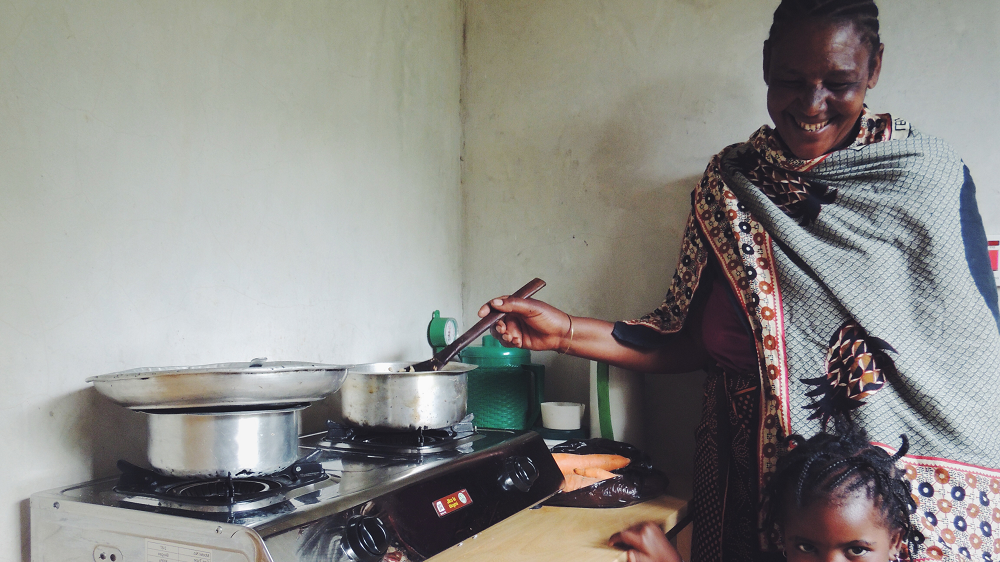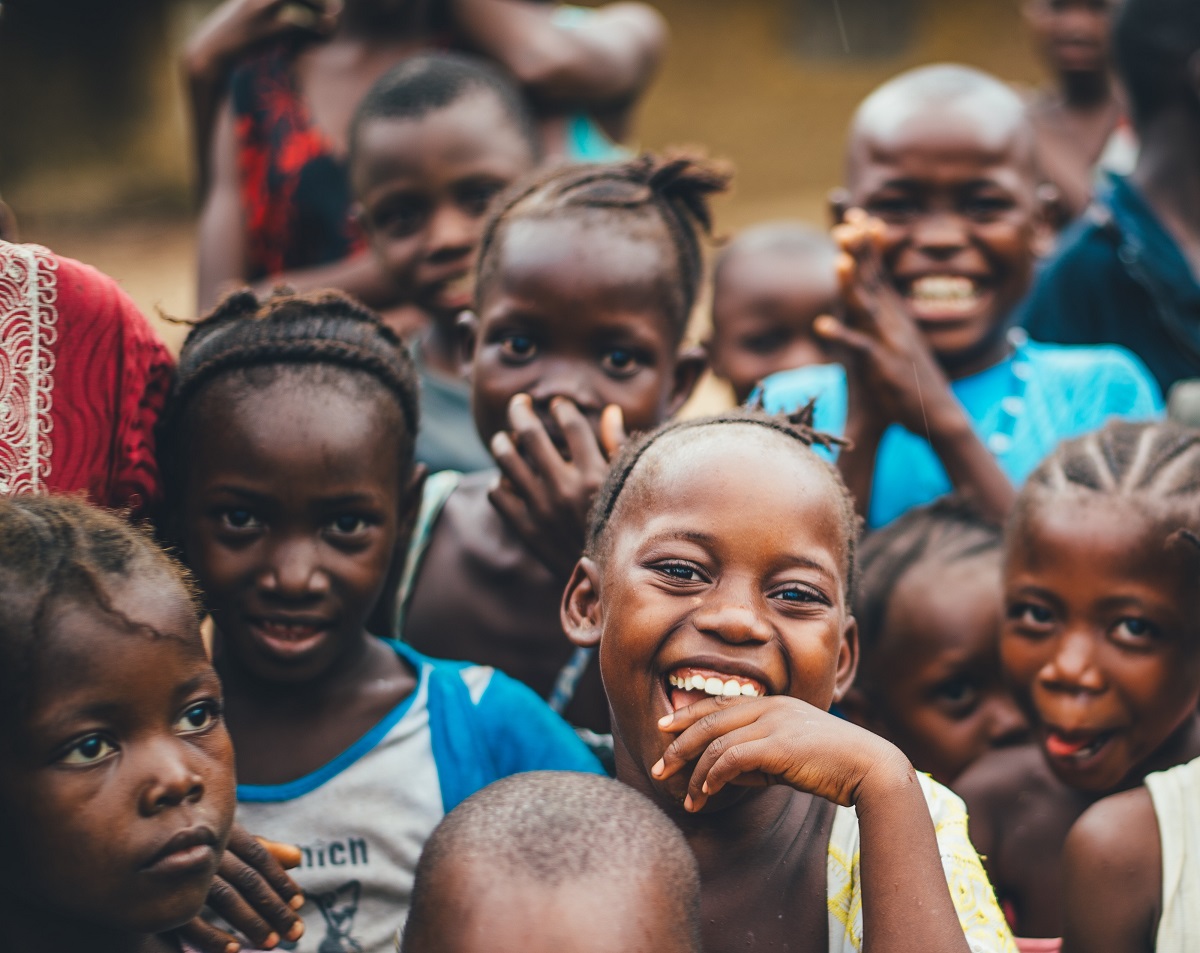Аn estimated 600 million Africans do not have solid and standard access to energy. On a continent that has perhaps the best natural conditions for harnessing energy from the sun, wind, and water. That is why Africa is high on the map of investors in renewable energy sources. Undoubtedly, the process of energy transformation for this continent means a huge opportunity not only to increase the capacity of renewable energy sources. For Africa, renewable energy can be a complete transition in socio-economic terms as well. Exactly this process can bring development in the parts of the continent where substandard living conditions still prevail. That would mean equal development and many new opportunities for millions of Africans.
The African continent is an example of the potential of renewable energy for the complete transformation of societies.
The concept of green energy as a framework for the general development of African countries means not only new energy sources, but also better social protection, access to health insurance, better education, and new jobs. Political leaders are already creating a good basis for policies that will accelerate this process and create a good business climate. In addition to attracting new investment and developing the country through the transfer of new technologies, renewable energy sources in Africa have opened up new opportunities. Opportunities for the development of social entrepreneurship which, in addition to creating new jobs, also creates sustainable concepts for raising the living standards of the inhabitants of this continent and in more remote settlements.
An example of developing a brand new business is the use of renewable energy sources in the home. Clean cooking energy is one of the major problems facing millions of Africans. At the same time, almost 2% of the total amounts of CO2 are generated during cooking. Inhalation of cooking smoke is often a common cause of illness and even death. That is not the only negative effect. The use of wood for cooking has a negative impact on the environment and leaves lasting consequences. Hence, for rural parts of Africa, providing clean energy for cooking from renewable energy sources is important for the preservation of the environment, but at the same time affects overall development.

Companies operating in this area provide advanced cooking technology and solar energy systems. The offer usually includes LED lighting. This improves the quality of life but also reduces air pollution by 75 percent. In addition to these technologies, the technology of stoves has been developed to use bio-composted material as fuel. In this way, some people gain access to energy for the first time. Clean Cooking alliance intensively promotes this concept and spreads its application very successfully.
Definitely for Africa, renewable energy is more than a reduction in CO2 emissions. This aspect should not be overlooked, but the process certainly brings enormous opportunities for Africans. According to estimates by the International Renewable Energy Organization, by 2030, investments would amount to about 70 billion a year.
The African Union also presented its plan to unite the markets and create an African electricity market. It will be the largest market in the world where supply and demand meet and will serve more than 1.3 billion people. According to the announcements, trading should start in 2023 and will be fully operational in 2040. This market concept will further encourage investment in renewable energy sources. It is worth mentioning that Africa is rich in ores which are a key component of batteries which are an important component for the infrastructure of renewable energy sources, which is another potential for investment and development of the continent.

